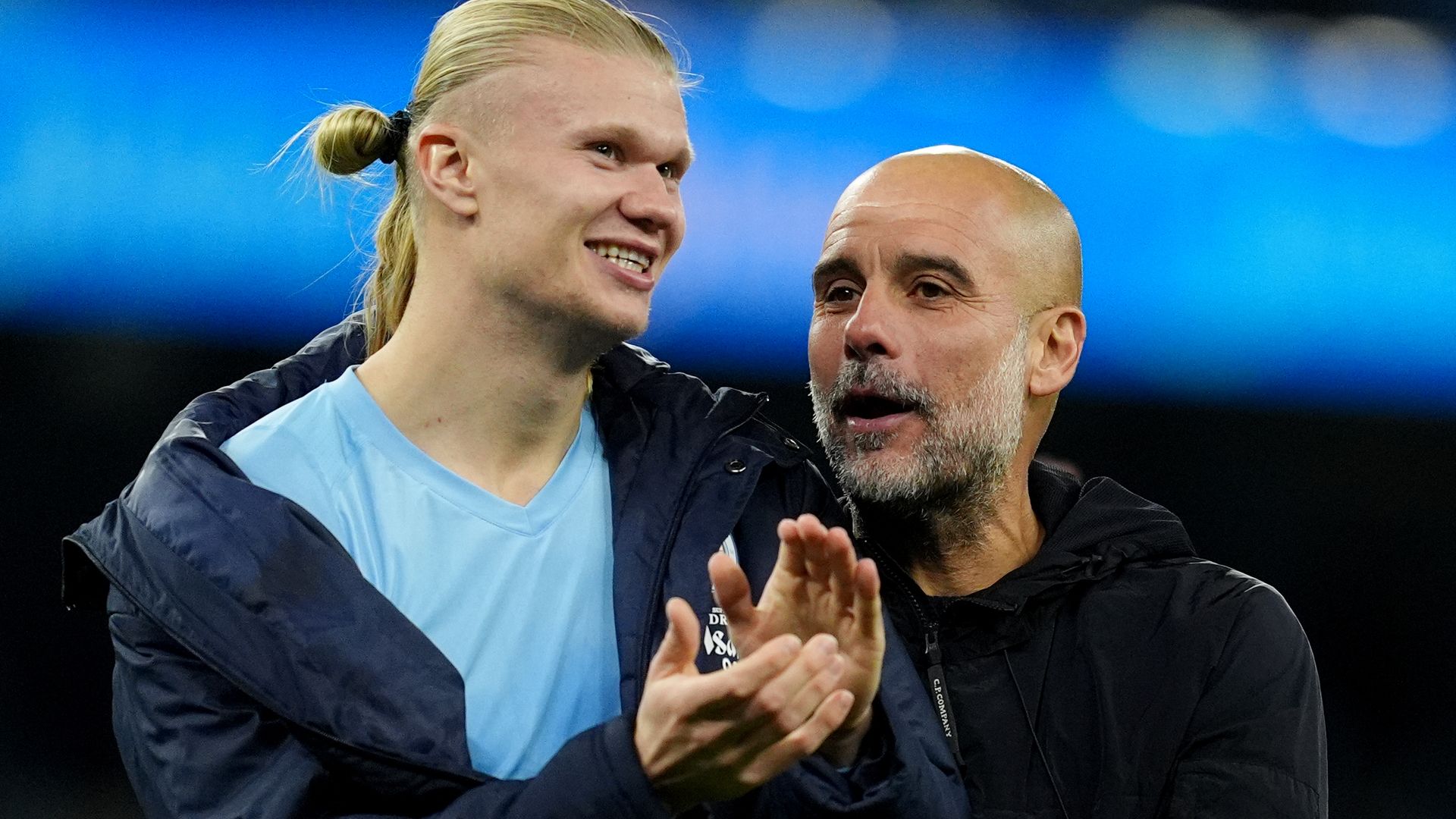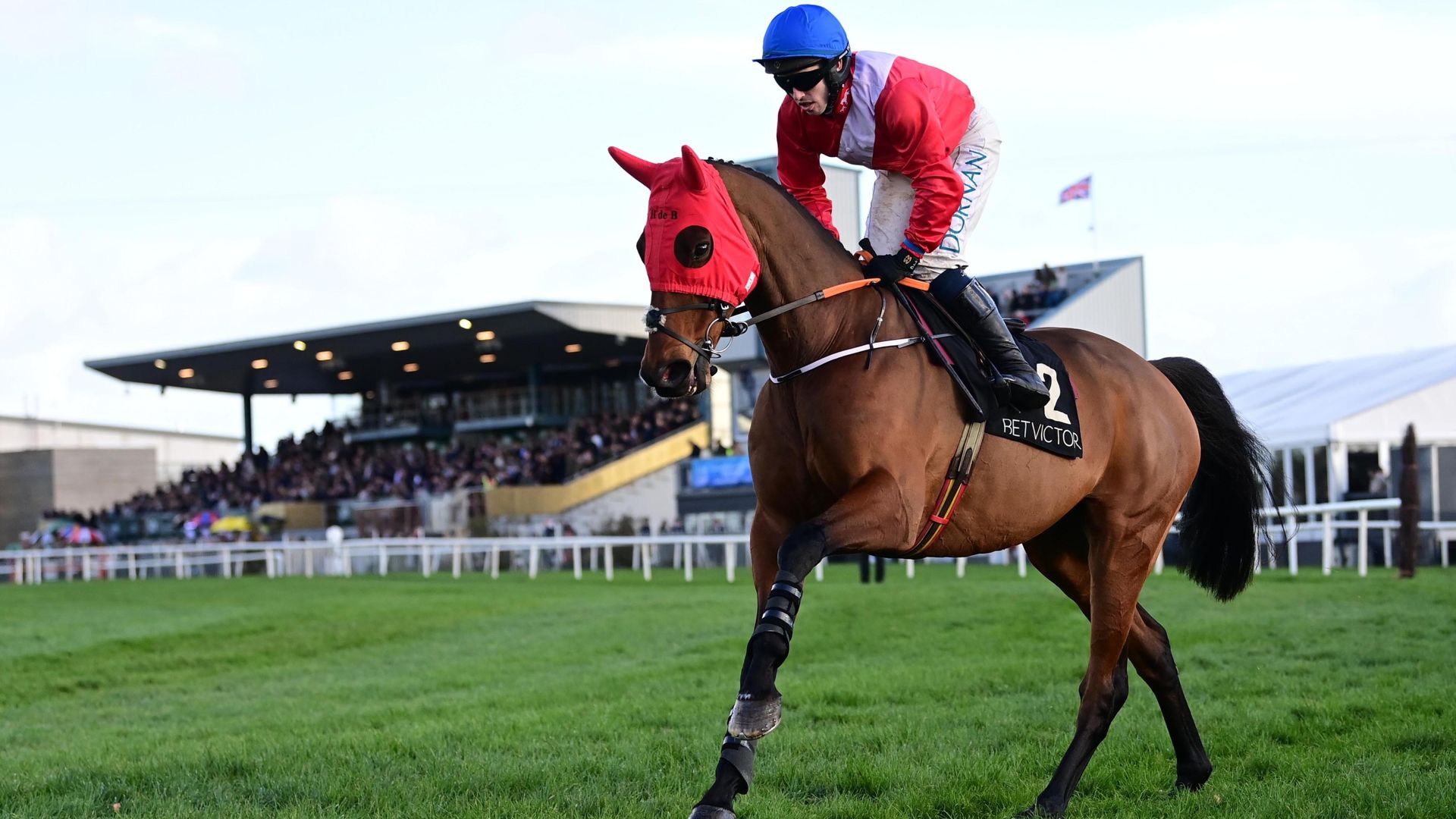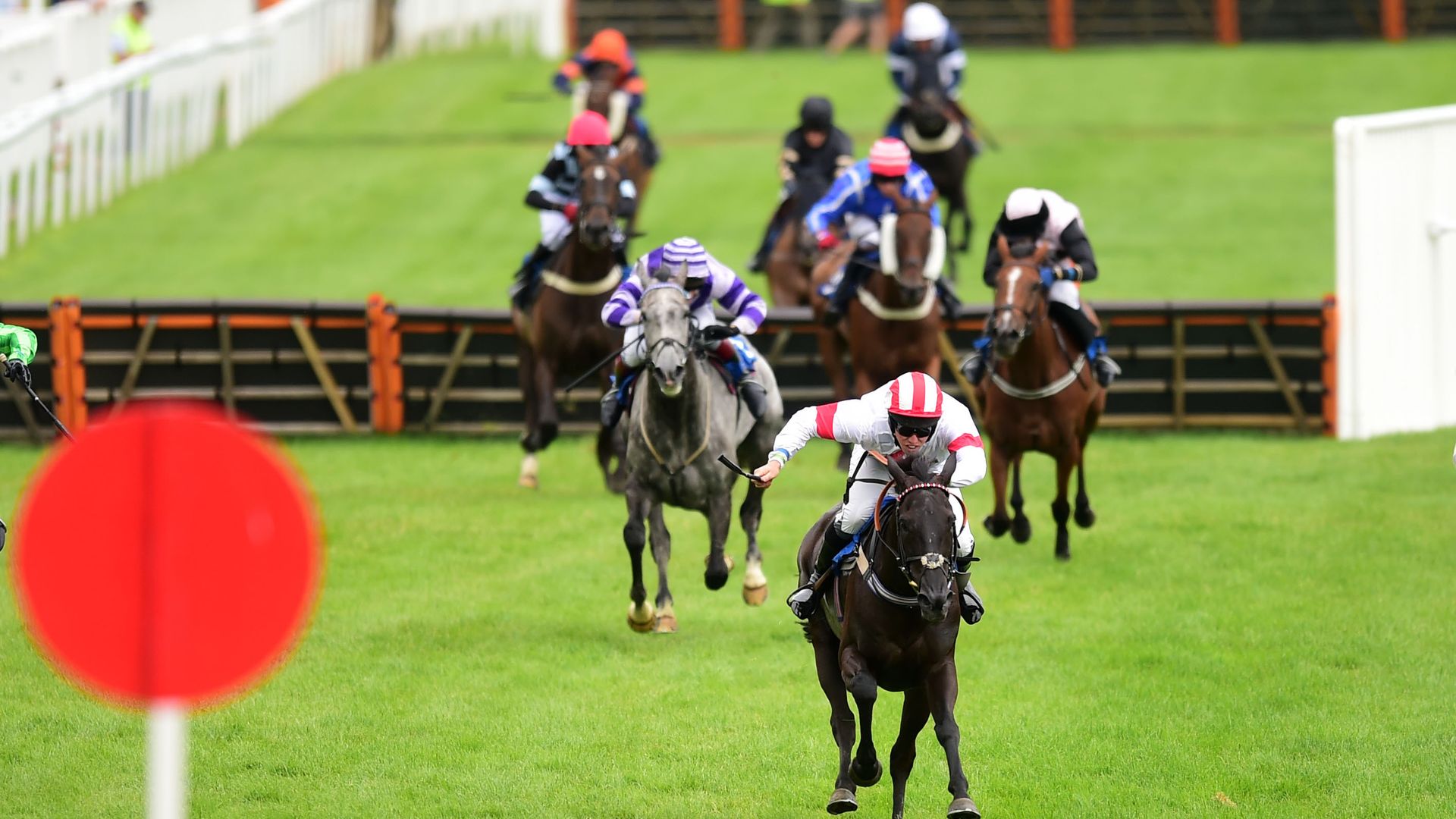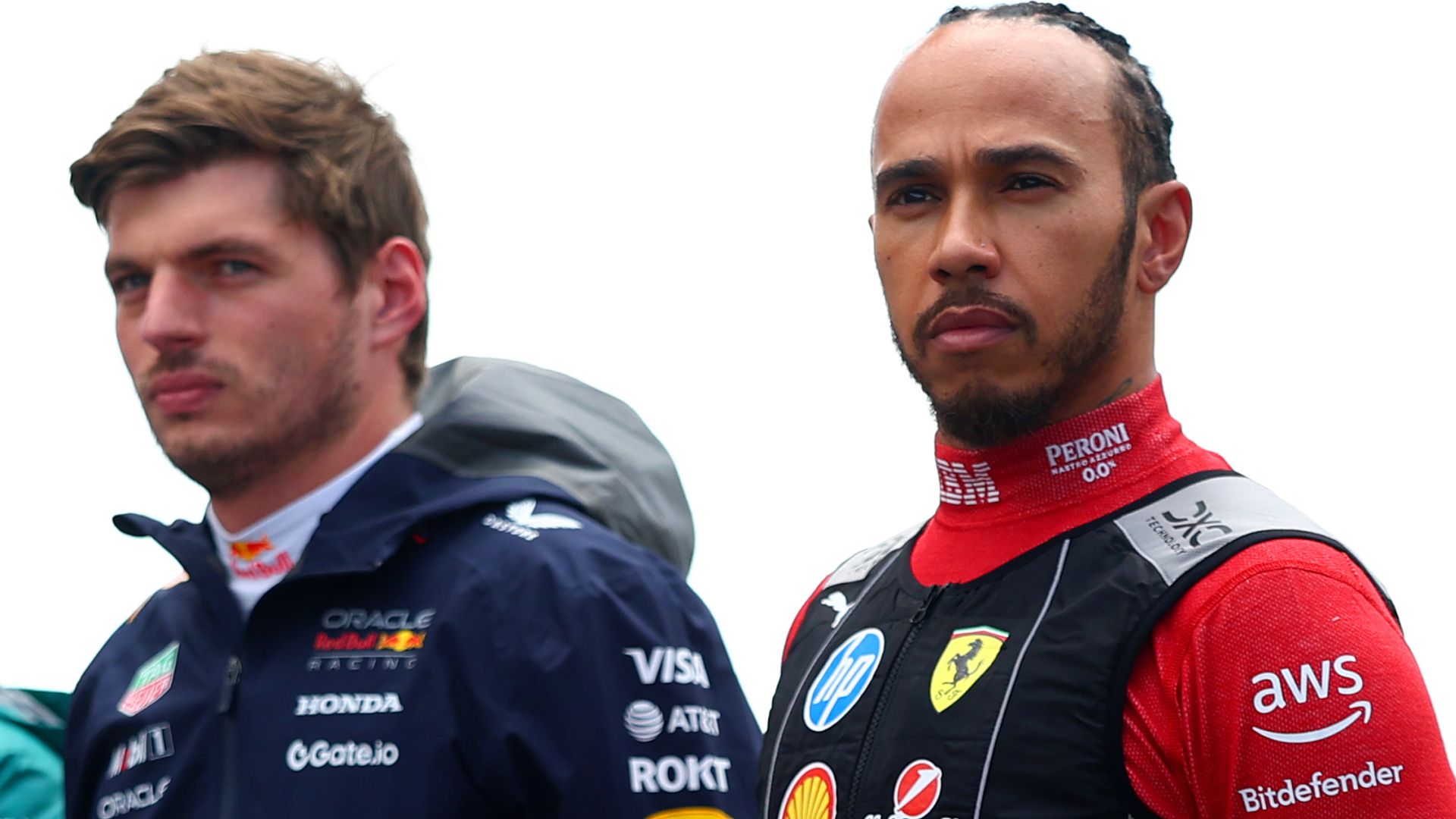Manchester City’s Title Ambitions Rise to Messi-Like Heights, Igniting Controversy Over Haaland’s Impact on Football’s Greatest Debate
In the world of football, few names evoke as much passion and debate as Lionel Messi and Erling Haaland. As Pep Guardiola boldly claims that Manchester City possesses the “energy” to contend for the Premier League title with Haaland performing at “Messi levels,” the football community finds itself at a crossroads. This assertion not only elevates Haaland’s status but also ignites a fierce discussion about the nature of greatness in football, the evolution of the game, and the implications of such comparisons.
Erling Haaland, the Norwegian striker who has taken the football world by storm, has quickly established himself as one of the most prolific goal scorers in modern football. His physicality, speed, and clinical finishing have drawn comparisons to some of the greatest players in history. Guardiola’s comments suggest that Haaland’s impact on Manchester City is akin to that of Messi during his prime at Barcelona, a statement that is sure to polarize opinions among fans, pundits, and former players alike.
The comparison to Messi is particularly provocative. Messi, often hailed as the greatest footballer of all time, has set records that seem insurmountable. His dribbling ability, vision, and playmaking skills have redefined the forward position. To suggest that Haaland is operating at a similar level invites scrutiny and debate about what constitutes greatness in football. Is it merely about goal-scoring prowess, or does it encompass a broader skill set that includes creativity, teamwork, and the ability to influence the game beyond just finding the back of the net?
Guardiola’s assertion also raises questions about the nature of team dynamics and the role of individual brilliance within a collective framework. Manchester City, under Guardiola’s management, has become synonymous with a fluid, attacking style of play that emphasizes teamwork and tactical intelligence. Haaland’s integration into this system has been seamless, yet it prompts a discussion about whether a player can truly be considered “great” if their success is heavily reliant on the system in which they operate.
Historically, football has seen numerous players who have thrived in specific systems but struggled when placed in different contexts. The likes of Fernando Torres and Andriy Shevchenko, both of whom were prolific in their prime, faced challenges when they transitioned to teams that did not suit their playing style. This raises the question of whether Haaland’s current form is a product of Guardiola’s tactical genius or if he possesses an innate ability that transcends any system.
Moreover, the financial implications of Haaland’s presence at Manchester City cannot be overlooked. The club’s investment in the striker, reportedly one of the highest transfer fees in history, reflects a broader trend in football where elite clubs are willing to spend exorbitant amounts to secure top talent. This financial muscle has allowed City to build a squad that not only competes for domestic titles but also aims for European glory. However, this raises ethical questions about the sustainability of such spending and its impact on the competitive balance within leagues.
As Manchester City continues to assert its dominance in English football, the narrative surrounding Haaland will undoubtedly evolve. His performances will be scrutinized not only in terms of goals scored but also in how he influences the team’s overall success. The pressure to maintain a “Messi-like” standard is immense, and how Haaland responds to this challenge will shape his legacy in the sport.
The debate surrounding Haaland’s comparison to Messi also intersects with broader discussions about the evolution of football itself. The game has changed dramatically over the past few decades, with advancements in sports science, nutrition, and training methodologies contributing to the emergence of physically dominant players like Haaland. This evolution prompts a reevaluation of what it means to be a great footballer in the modern era.
In the past, players like Diego Maradona and Pelé were celebrated for their technical skills and creativity, often in a less physically demanding environment. Today, the game is faster, more athletic, and increasingly tactical. As such, the criteria for greatness may need to adapt to reflect these changes. Haaland’s ability to combine physical prowess with technical skill positions him uniquely in this conversation, challenging traditional notions of what it means to be a top player.
Furthermore, the media’s role in shaping narratives around players cannot be underestimated. The sensationalism surrounding comparisons to Messi serves to amplify the pressure on Haaland, creating a narrative that may not be entirely fair. The constant scrutiny from fans and pundits alike can lead to unrealistic expectations, potentially overshadowing the player’s achievements and contributions to the team.
As Manchester City embarks on another title challenge, the spotlight will remain firmly on Haaland. His performances will be dissected, analyzed, and compared to the legends of the game. Guardiola’s comments serve as both a rallying cry for the team and a challenge for Haaland to rise to the occasion. The outcome of this season will not only determine the fate of Manchester City in the Premier League but also influence the ongoing debate about greatness in football.
In the end, the conversation surrounding Haaland and his comparison to Messi is emblematic of the broader themes at play in modern football. It reflects the tension between individual brilliance and team success, the impact of financial power on the game, and the evolving definition of greatness. As fans, players, and pundits engage in this discourse, the legacy of both Haaland and Messi will continue to be shaped by the narratives that unfold on and off the pitch.




